Nestled along the banks of the Mystic River, the history of Chelsea, Massachusetts, is a compelling tale of resilience, diversity, and transformation.
Established in 1739, Chelsea’s origins as a colonial settlement led to a vibrant maritime community in the 19th century, marked by bustling shipyards and commerce.
Throughout its history, Chelsea has weathered challenges, including devastating fires and economic downturns, yet it has consistently risen from the ashes, embodying the indomitable spirit of its residents.
As an integral part of the Greater Boston area, Chelsea’s story is intricately woven into the fabric of American history, reflecting the waves of immigration, industrialization, and urbanization that have shaped the nation.
Chelsea Massachusetts History
Chelsea, Massachusetts, has a rich history dating back to 1624 when Samuel Maverick founded Winnisimmet, which occupied the present areas of Chelsea, Revere, and Winthrop.
Over the years, Chelsea has witnessed significant industrial development, including shipbuilding, coal, shipping, chemical processing, and shoe manufacturing.
Here are seven historical pieces of evidence that shed light on Chelsea’s history:
Early Settlement and Growth
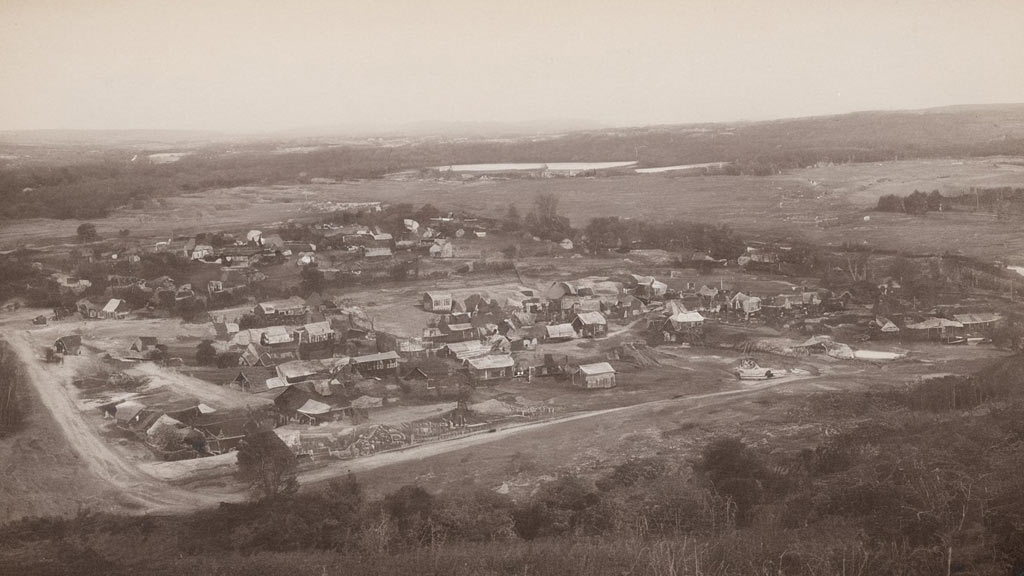
Chelsea was founded in 1624 by Samuel Maverick, making it one of the oldest communities in the United States.
It was an ideal place for a trading post and became the location of the country’s first ferry. By 1900, Chelsea boasted a population of just over 34,000, making it Boston’s single most accessible suburb.
Industrial Development
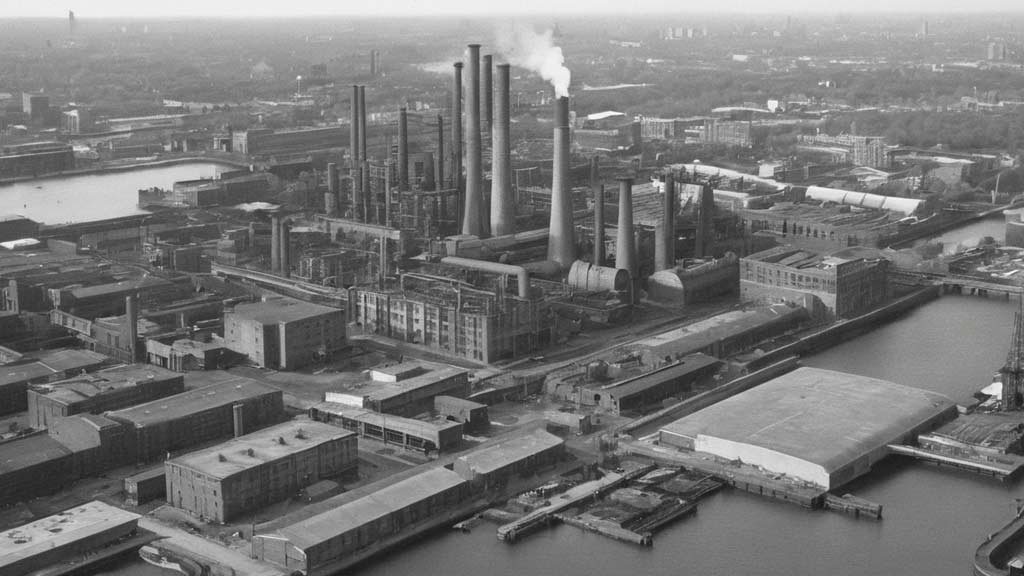
Chelsea’s proximity to Boston and its multiple transportation venues attracted industry to the city. The city’s earliest industry was shipbuilding, and it later witnessed the maturation of local industries, including coal, shipping, chemical processing, and shoe manufacturing.
Urbanization and Immigration
The city’s dramatic population growth led to urbanization, and it became a hub for immigrants.
The years 1890-1920 it marked a significant transformation period for Chelsea, especially regarding its immigrant population and the evolution of the urban public school system.
Opposition to Industrialization and Migration
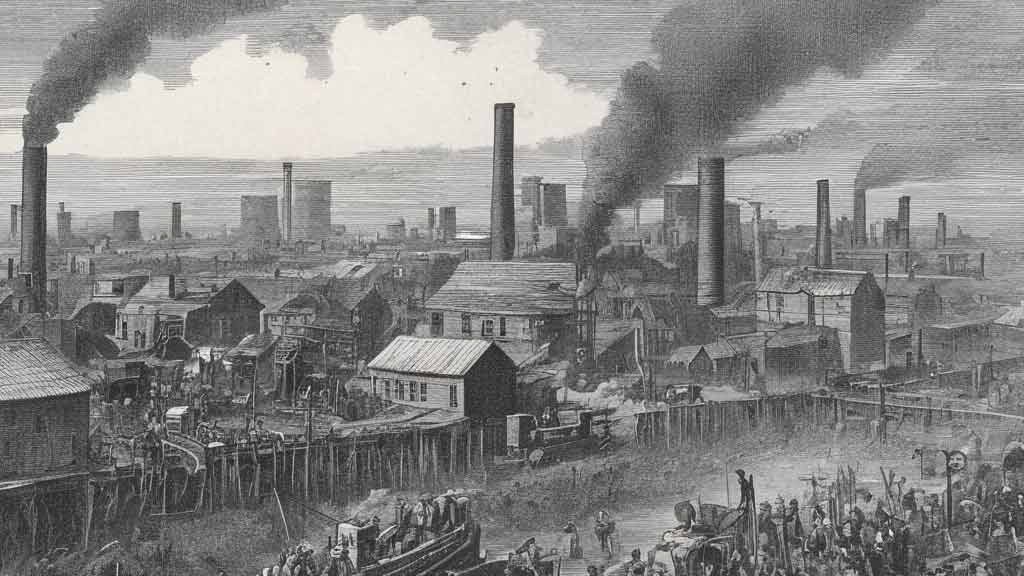
Not all residents welcomed industrialization and immigration. Some older Yankee residents resented the urbanization threatening the city’s rural roots.
Walter Merr iam Pratt, the author of “The Seven Generations of Chelsea and Prattville” and “The Burning of Chelsea,” was one of the most vocal opponents of industrialization and Jewish migration.
Disaster and Rebuilding
Chelsea faced a devastating fire in 1908, which led to the loss of many desirable citizens and the city’s standing as the most aristocratic suburb of Boston. However, the city rebuilt itself in the aftermath of the fire, reflecting the resilience of its residents.
Patriotism and Bravery
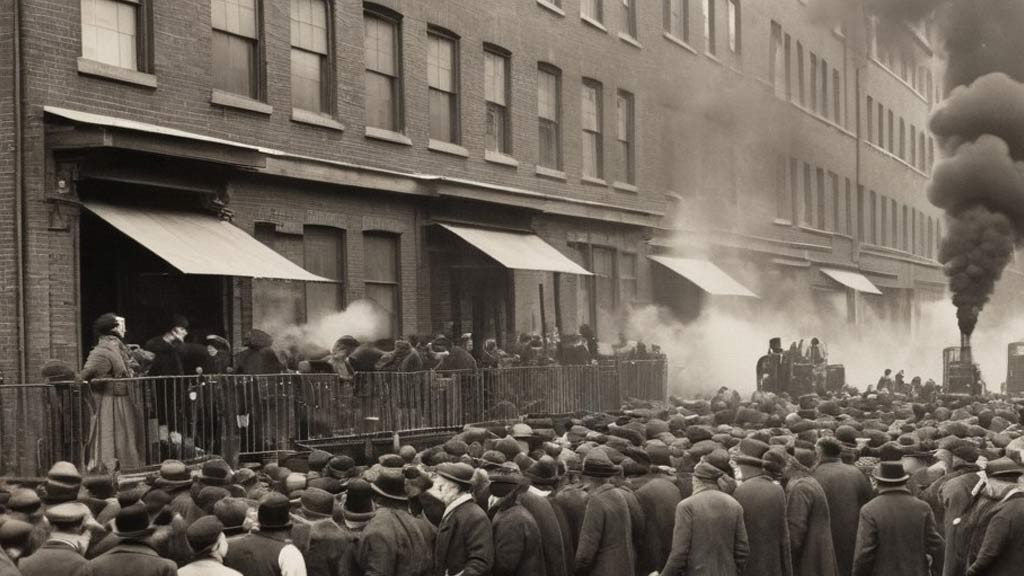
Throughout its history, Chelsea has shown evidence of the patriotism and bravery of its citizens. The city’s resilience in the face of challenges and its ability to rebuild after the devastating fire are testaments to the courage and determination of its people.
Cultural and Educational Transformation
1890-1920 marked a period of cultural and educational transformation in Chelsea, especially regarding the education of immigrant children in the city’s public school system.
These historical pieces of evidence provide a glimpse into Chelsea, Massachusetts’s diverse and dynamic history, from its early settlement to its industrial development and the cultural transformation brought about by immigration and urbanization.
What Is Chelsea Mass Famous For?
Chelsea, Massachusetts, has a rich history and cultural heritage. Here are seven things that Chelsea is famous for:
Chelsea Clocks

Chelsea Clock Company is a renowned clock manufacturer that has been in operation since 1897. The company is famous for its high-quality clocks, still produced in Chelsea today.
Industrial Development
Chelsea has a long history of industrial development, including shipbuilding, coal, shipping, chemical processing, and shoe manufacturing. The city’s proximity to Boston and its multiple transportation venues attracted industry to the town.
Immigration and Cultural Diversity
Chelsea is a diverse city with a rich immigrant history. The city has been home to immigrants worldwide, including Irish, Italian, Jewish, and Latino communities.
Patriotism and Bravery
Chelsea has a proud history of patriotism and bravery. The city played a significant role in the American Revolution, and part of George Washington’s army was stationed in Chelsea during the Siege of Boston.
Urbanization and Transformation
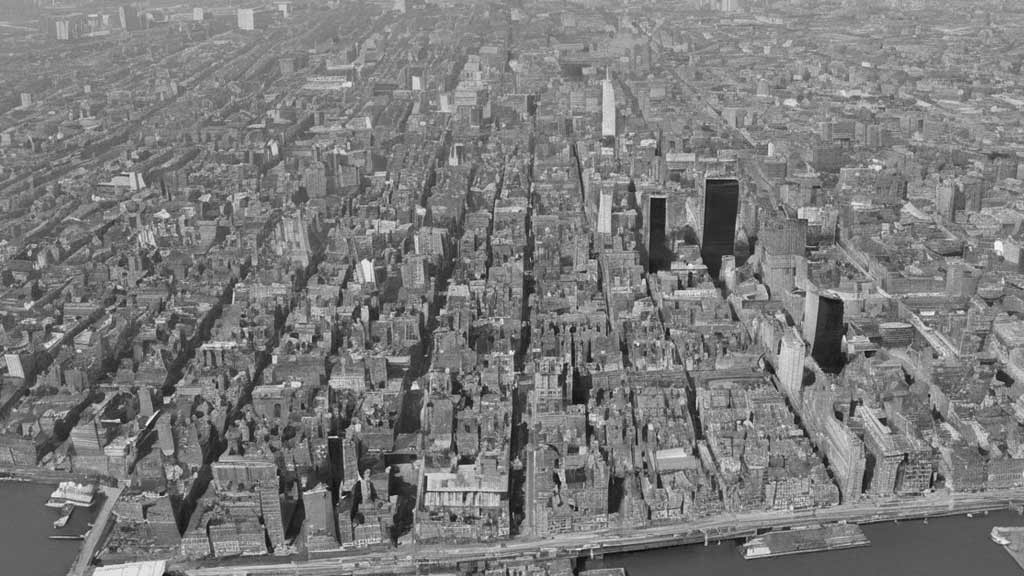
Chelsea has undergone significant urbanization and transformation over the years. The city’s dramatic population growth led to urbanization, and it became a hub for immigrants.
1890-1920 marked a period of cultural and educational transformation in Chelsea, especially regarding the education of immigrant children in the city’s public school system.
Disaster and Resilience
Chelsea has faced several disasters, including a devastating fire in 1908 that destroyed much of the city. However, the city has shown remarkable resilience in the face of adversity and has rebuilt itself repeatedly.
Historic Landmarks
Chelsea has several historic landmarks, including the Bellingham-Cary House, the Soldiers’ Home, and the Chelsea Naval Hospital. These landmarks show the city’s rich history and cultural heritage.
These are just a few things that Chelsea, Massachusetts, is famous for. The city’s rich history, cultural diversity, and industrial development contributed to its unique character and identity.
Why Is Chelsea Ma A Good Place To Live?
Chelsea, MA, is a city that offers many benefits and opportunities to its residents. The city has a rich history, a diverse culture, a strong community, and a convenient location. Here are seven reasons why Chelsea, MA, is an excellent place to live:
Affordability
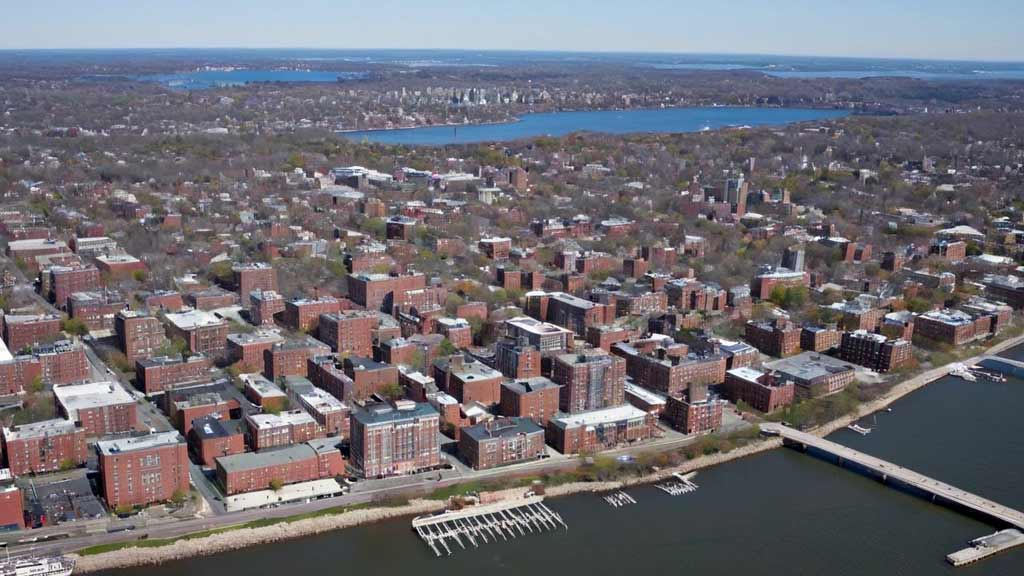
Chelsea, MA, is one of the most affordable cities in the Boston area, with a median home value of $377,000 and a median rent of $1,300. The city also has a low cost of living, with lower taxes, utilities, and transportation expenses than other nearby cities.
Diversity
Chelsea, MA, is a city that celebrates its diversity and inclusiveness. The city has a population of about 40,000, with 66% Hispanic or Latino, 19% White, 7% Black, 4% Asian, and 4% other races.
The city also has a large immigrant population, with 42% foreign-born and 54% speaking a language other than English at home.
The city hosts many cultural events and festivals, such as the Chelsea Latino Festival, the Chelsea Pride Festival, and the Chelsea Winter Festival.
Community
Chelsea, MA, is a city that has a strong sense of community and civic engagement. The town has many organizations and groups that support and serve the residents, such as the Chelsea Collaborative, the Chelsea Community Connections, the Chelsea Human Services, and the Chelsea Senior Center.
The city also has many volunteer opportunities and initiatives, such as the Chelsea Green Space, the Chelsea Creek Action Group, and the Chelsea Youth Commission.
Location
Chelsea, MA, is a city that has a convenient and accessible location. The town is only 3 miles from downtown Boston and has easy access to public transportation, such as the MBTA bus, commuter rail, and Silver Line.
The city is also near major highways like Route 1, Route 16, and I-93. The town is also near the Logan International Airport, the Mystic River, and the Boston Harbor.
Education
Chelsea, MA, is a city that values and invests in education. The town has a public school system that serves about 6,000 students, with 10 schools, including an early learning center, an elementary school, a middle school, a high school, and an alternative school.
The city also partners with Bunker Hill Community College, which offers college courses and programs to Chelsea residents.
The city has many libraries, museums, and learning centers, such as the Chelsea Public Library, the Chelsea Historical Society, and the Chelsea STEM Academy.
Recreation
Chelsea, MA, is a city that offers its residents many recreational and leisure activities. The town has many parks, playgrounds, and open spaces, such as the Mary O’Malley Park, the Highland Park, and the Chelsea Walk.
The city also has many sports and fitness facilities, including the Chelsea Recreation and Cultural Affairs, the Chelsea YMCA, and the Chelsea Community Pool.
The city has many arts and entertainment venues, such as the Apollinaire Theatre Company, the Chelsea Theatre Works, and the Chelsea Art Walk.
Development
Chelsea, MA, is a city undergoing rapid and positive development and growth. The city has many new and renovated buildings and projects, such as the Box District, Forbes Park, and the Chelsea Waterfront.
The city also has many new and expanding businesses and industries, such as the Chelsea Market Basket, the Chelsea Hotel, and the Chelsea Innovation Center.
The city also has many new and improved services and infrastructure, such as the Chelsea Police Station, the Chelsea Fire Station, and the Chelsea Silver Line.
FAQs
How did Chelsea contribute to maritime history?
Chelsea played a significant role in maritime trade during the 19th century, boasting busy shipyards and docks along the Mystic River. It was a hub for shipbuilding, with vessels ranging from merchant ships to clipper ships constructed in its yards.
What challenges has Chelsea faced throughout its history?
Chelsea has faced various challenges, including devastating fires in 1908 and 1973, which destroyed large parts of the city. Economic downturns and shifts in industry also impacted the community.
How has immigration shaped Chelsea’s history?
Immigration has been integral to Chelsea’s history, with waves of immigrants arriving from diverse backgrounds, including Irish, Italian, Jewish, and, more recently, Latin American and Southeast Asian communities. This diversity has enriched Chelsea’s culture and contributed to its resilience.
What is Chelsea’s connection to industry and innovation?
Chelsea has a strong industrial history, with factories producing goods ranging from shoes to chemicals. In recent decades, it has shifted towards healthcare and biotechnology, with institutions like Massachusetts General Hospital expanding into the area.
How does Chelsea preserve its history today?
Chelsea preserves its history through initiatives such as historical societies, museums, and preservation efforts for landmarks like the Chelsea Clock Company building.
Community events, walking tours, and educational programs also celebrate and share Chelsea’s rich cultural heritage.
Conclusion
The history of Chelsea, Massachusetts, serves as a testament to the enduring spirit of a community that has overcome adversity time and time again.
From its humble beginnings as a colonial outpost to its emergence as a dynamic urban center, Chelsea’s journey is a reflection of the resilience and determination of its people.
As Chelsea continues to evolve in the 21st century, it remains rooted in its rich history while embracing the opportunities and challenges of the modern world.
By honoring its past and embracing its future, Chelsea stands as a symbol of perseverance and progress, embodying the enduring legacy of its vibrant and diverse community.
Jaclyn Lowe